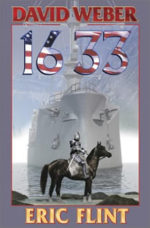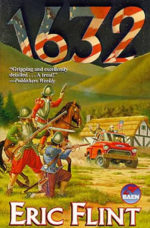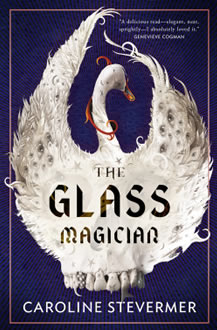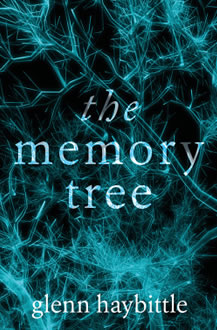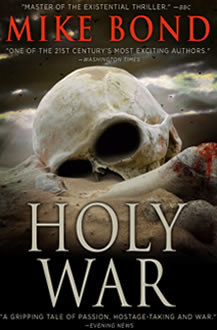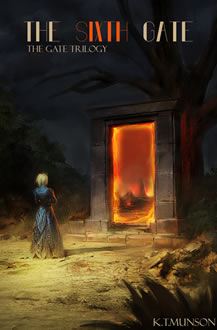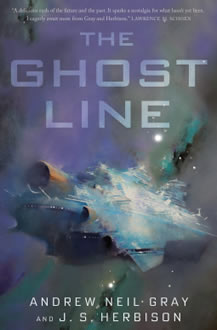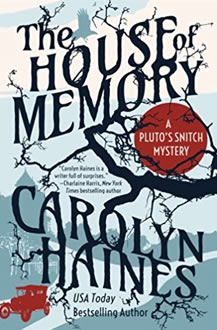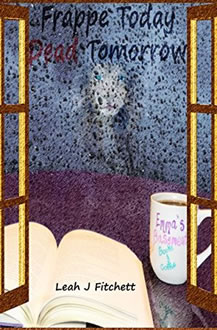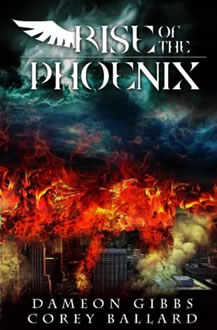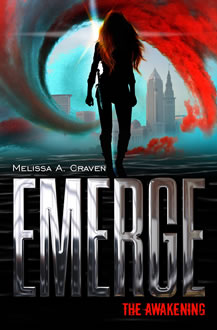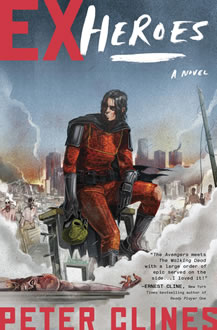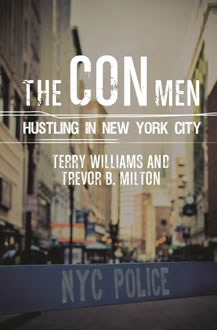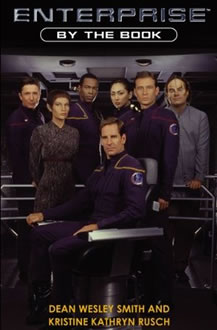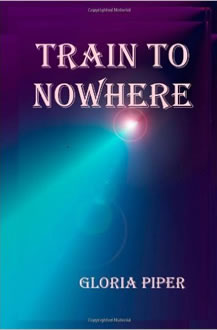Another year has gone by and the residents of Grantville and the new United States are making their way in 17th century Europe. In 1633 this new country will be reaching further into their world and continuing their conflicts with the Catholic countries that oppose them. 1633 is not only a quality sequel to its predecessors but one of the rare occasions that a sequel beats the original in some ways, although not all. I would credit a lot of the advances this book makes to the addition of Weber partnering with Flint. I can feel a lot of his structure and character work behind the Flint façade. As with 1632 the majority of characters are still pretty cliché. However many of the major character, including previously minor characters who have been moved up to the big leagues, are getting fleshed out a bit more. Raising the profile of already… Read more »
Author: Eric Flint


1632
I have said it before and I will say it again, Eric Flint is the most upbeat sci-fi writer I have come across. His good guys are pure, his bad guys are evil and deserve what they get, and you can see in his writing how much joy he has in telling the story. He is the literary equivalent of methamphetamine, of course without the life crushing physical addiction. 1632 is the first in a series about a small town in West Virginia that has been torn from its place and time and dropped into southern Germany in 1632, hence the name. For historians this time period has meaning but it is an unusual choice because it is not one of the flashy, popular moments in history. The story is set in the midst of the Thirty Years War where Catholic run nations were fighting against those ruled by Protestants. … Read more »

1812: The Rivers of War
Review by Travis Starnes I will start off by saying I am generally a fan of all of Flints works, he writes the happiest war stories you will find. His writing tends to be fairly up-beat, he loves over the top characters, and he enjoys not only showing the action and drama beats of his stories but also exploring the larger political and cultural landscapes of the worlds he creates. This last trait of Flint’s is both a blessing and a curse. Because he writes so much alternate history there are a lot of interesting points to examine however he also tends to get a bit “wander” in his writing. Long tangents, dead end story treads, and convoluted setups that don’t really apply to the main story of the book can happen. That being said while this book is very typically Flint, although the flow and pacing is much better… Read more »


